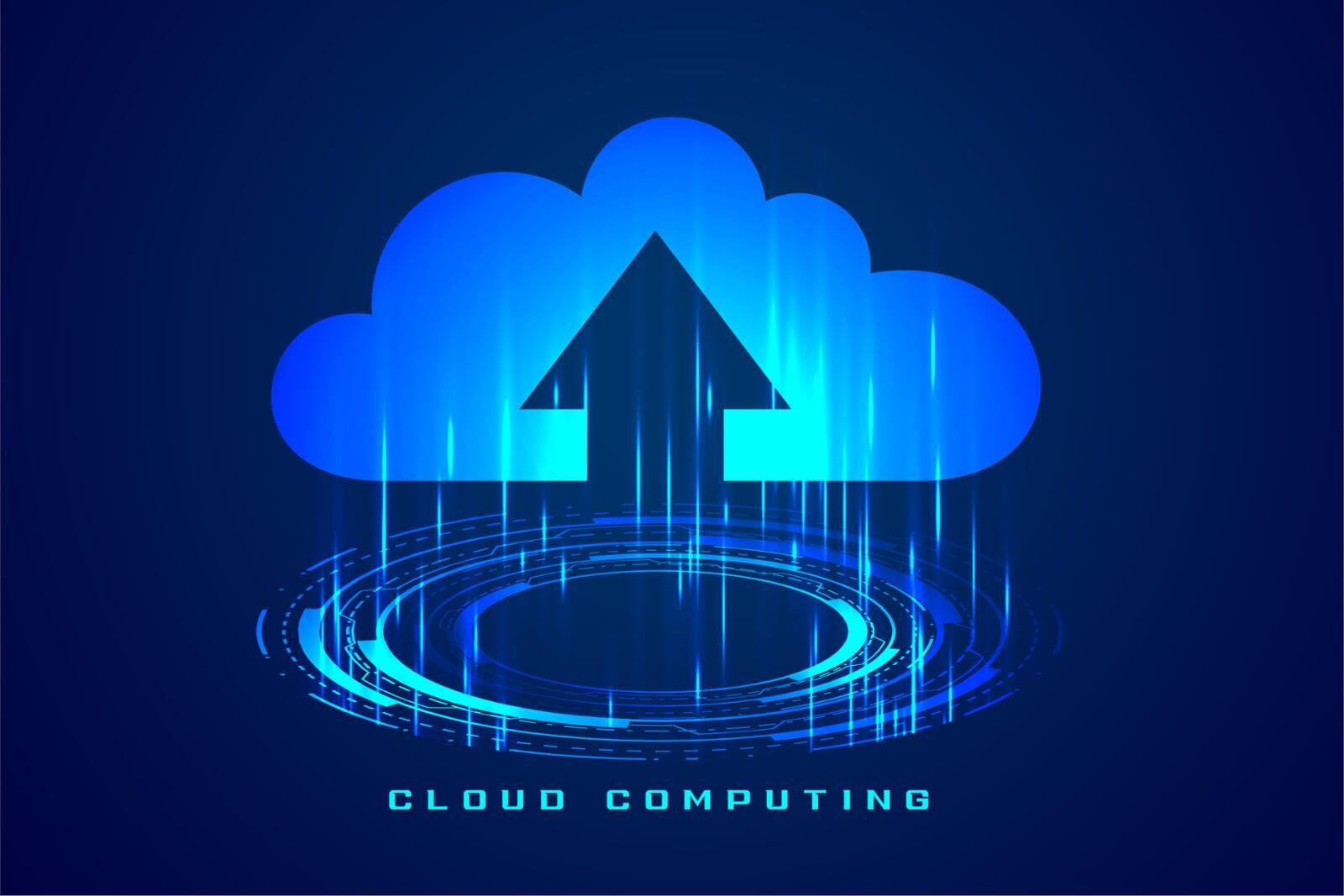The shift towards hybrid and remote work models has revolutionised how businesses operate, bringing both challenges and opportunities. As organisations adapt, Software as a Service (SaaS) has become a critical enabler of efficiency, collaboration, and scalability. With the hybrid work movement gaining momentum, 2025 promises further advancements in SaaS solutions to support this evolving landscape.
This blog delves into the future of SaaS in hybrid and remote work environments and how businesses can leverage these innovations to stay competitive.
The Role of SaaS in Hybrid and Remote Work Models
SaaS platforms have transformed workplace operations by offering accessible tools and systems from anywhere, promoting seamless collaboration and productivity. With hybrid work blending in-office and remote arrangements, the demand for flexible, scalable, and accessible SaaS services is at an all-time high.
Key contributions of SaaS to hybrid and remote work include:
- Remote Accessibility: Employees can securely access essential business tools and applications from any location.
- Scalability: SaaS solutions adapt to evolving business needs, making them perfect for dynamic teams.
- Enhanced Collaboration: Tools like Slack, Microsoft Teams, and Zoom, powered by SaaS, enable real-time communication.
- Cost-Effectiveness: SaaS eliminates the need for expensive on-premise infrastructure, making it an affordable choice for businesses of all sizes.
What’s Next for SaaS in 2025?
As hybrid work becomes the norm, SaaS providers are innovating to meet changing demands. Here’s what’s on the horizon:
1. Personalised User Experiences
Future SaaS platforms will focus on personalisation, offering dashboards and features tailored to individual work styles and preferences. By incorporating AI and machine learning, these tools will predict user needs, automate repetitive tasks, and optimise workflows.
2. Enhanced Security and Compliance
As hybrid work expands, data security remains a top priority. SaaS platforms in 2025 will place greater emphasis on compliance with regulations and advanced cybersecurity measures. Features like enhanced encryption, multi-factor authentication, and zero-trust frameworks will become standard.
3. Integration with Emerging Technologies
Next-generation SaaS will integrate seamlessly with technologies like edge computing to deliver faster, more reliable services. This will enable hybrid teams to manage workflows with greater efficiency, especially in industries requiring real-time data processing.
4. All-in-One Platforms
The future of SaaS solutions lies in unified platforms combining tools for communication, project management, data analytics, and customer relationship management. This consolidation will reduce complexity and streamline operations.
5. Green SaaS Solutions
Sustainability will be a major focus in 2025, with SaaS providers adopting greener practices. Businesses can expect platforms that consume less energy and promote eco-friendly operations, aligning with global sustainability efforts.
How SaaS Supports Hybrid Teams
The hybrid work model is here to stay, and software as a service is leading the charge in ensuring its success. Here’s how SaaS helps hybrid teams thrive:
- Flexibility: SaaS platforms enable employees to transition seamlessly between remote and in-office work.
- Cost Savings: Businesses can reduce overheads by eliminating the need for on-premise IT infrastructure.
- Improved Productivity: Real-time updates and collaborative tools keep hybrid teams aligned and efficient.
- Data-Driven Insights: SaaS platforms provide analytics to track performance, identify bottlenecks, and optimise workflows.
Why Invest in SaaS Services in 2025?
Investing in SaaS solutions is no longer optional for organisations embracing hybrid and remote work. With rapid innovation, businesses leveraging advanced SaaS platforms will gain a competitive edge by:
- Adapting Quickly: SaaS offers the agility to respond to changing market demands and workforce needs.
- Enhancing Employee Satisfaction: Empowering teams with reliable, user-friendly tools fosters job satisfaction and retention.
- Scaling Effortlessly: SaaS makes scaling operations simple, whether it’s onboarding new employees or expanding business capabilities.
Conclusion
The hybrid and remote work revolution continues to reshape business operations, with SaaS services at the forefront of this transformation. As we move into 2025, businesses must stay ahead by investing in SaaS solutions that enhance flexibility, security, and collaboration.
Whether you’re a startup exploring hybrid models or an established enterprise adapting to new challenges, the future of work lies in embracing the capabilities of software as a service. Tailored solutions and cutting-edge technology will ensure that SaaS remains a cornerstone of business success in an ever-evolving landscape.



